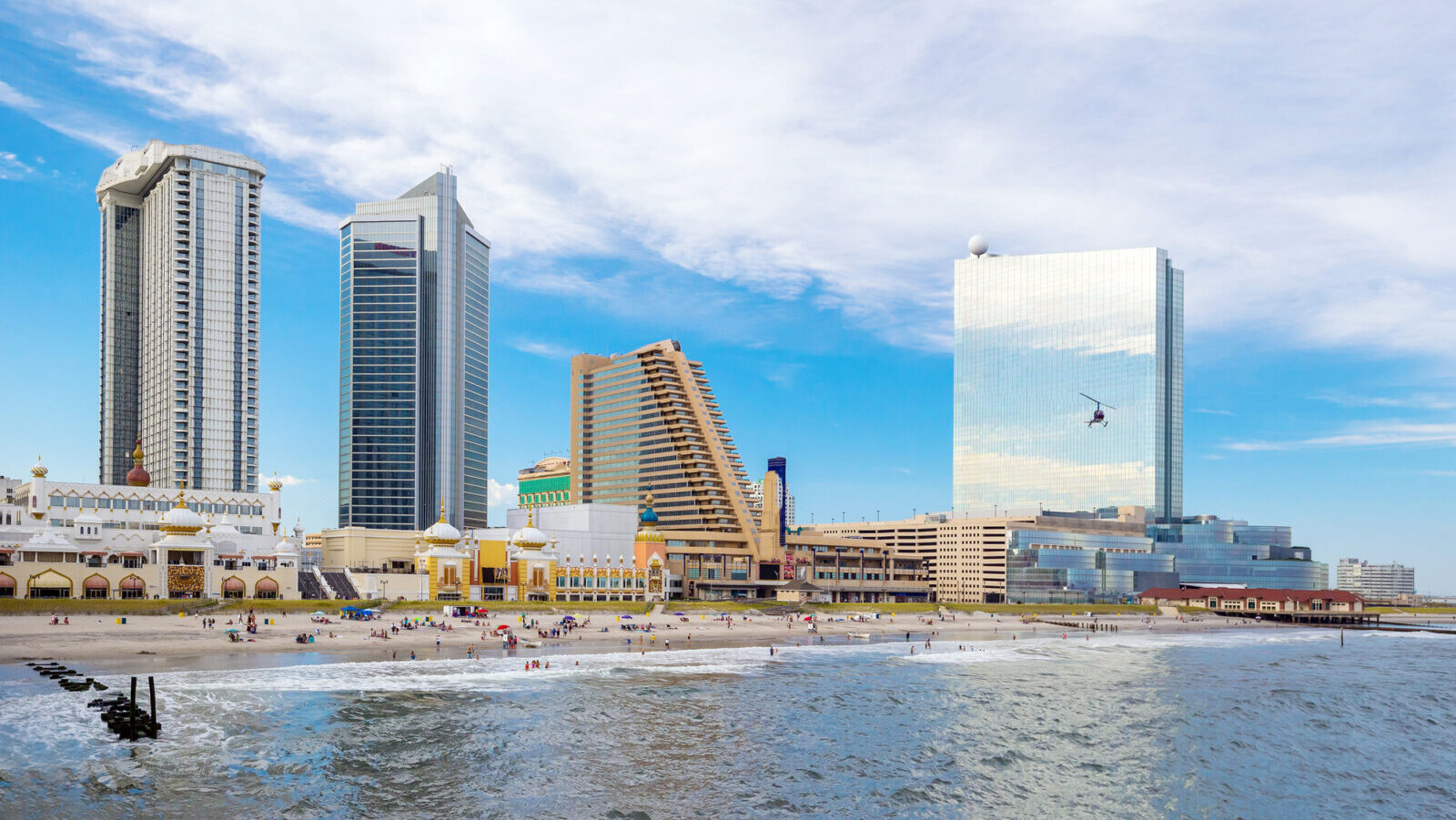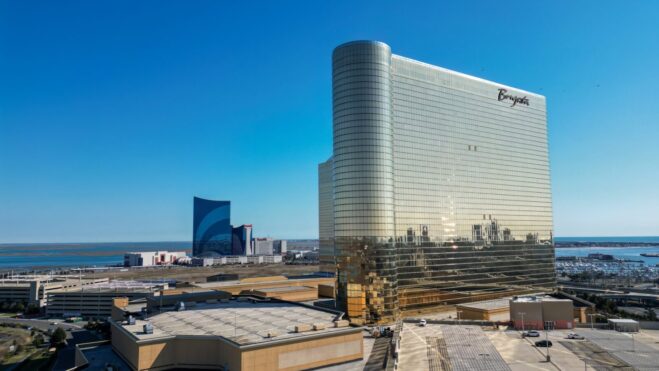iGaming Gives New Jersey Gambling Revenue A Boost In April, Up 10.4% YoY
New Jersey's gaming market saw an increase in revenue in April, although much of the growth was driven by online gaming.
2 min

New Jersey’s gaming industry marked a significant milestone in April, reflecting the evolving landscape of gambling in the state. What punctuated the revenue results the most was the performance of the online gaming segment.
New Jersey’s Division of Gaming Enforcement released detailed figures, revealing that the casinos, along with their horse tracks and online partners, collectively garnered nearly $511 million in April, which is shared among various partners and suppliers. This represents a 10.4% increase compared to the same period last year and includes earnings from in-person gambling and online wagering.
Meanwhile, the traditional bastion of the gambling industry, the retail casinos, faced a downturn. Reports indicated a 6.3% decline in revenue from in-person gambling activities. This decrease underscores the shifting preferences of consumers, who are showing a preference toward digital platforms.
Land-based gaming revenue weakens
In-person casino revenue showed mixed results. Bally’s earned $13.1 million, a decrease of 4.9% compared to the previous period. Borgata performed well, increasing its revenue by 0.5% to reach $58.3 million. Caesars saw a major decline of 18.4%, bringing in $16 million.
Golden Nugget also experienced a slight decrease, earning $12.7 million, down 3.1%. Harrah’s revenue dropped nearly 25%, totaling $16.4 million. Hard Rock defied the trend with a 6% increase, reaching $41.1 million. Ocean’s revenue suffered a significant drop of 15.6%, with earnings of $28.8 million. Resorts remained virtually the same, at $12.4 million, while Tropicana saw a decrease of 9.2%, earning $17.7 million.
The state experienced its second-best month ever for online gambling, which significantly contributed to the overall revenue increase. Yet, the core business of in-person gambling continues to face challenges, with six out of nine casinos reporting lower earnings from in-person gamblers compared to the previous year. This decline is even more pronounced when compared to April 2019, before the impact of the COVID-19 pandemic.
Online gaming strengthens
Including online and sports betting revenue paints a slightly different picture. April marked the second-best month ever for online gambling. Operators won nearly $188 million, representing an 18.2% increase year-over-year.
Bally’s total earnings for online gambling and sports betting climbed to $21.5 million, reflecting a 5% increase. Borgata’s total revenue reached $107.7 million, a slight decrease of 0.2%. Caesars’ total earnings mirrored its in-person performance, dropping 19.3% to $16.1 million.
Golden Nugget experienced a significant boost, with its total revenue reaching nearly $66 million, a 20.4% increase. Harrah’s came in at $18.3 million, a decrease of 16%. Hard Rock’s total earnings rose 18.6% to $55.2 million.
Ocean’s total revenue was $35.7 million, down 8.6%. Resorts’ total earnings dipped slightly to $12.1 million, representing a decrease of nearly 2%. Tropicana’s total earnings saw a dramatic increase of nearly 28%, reaching $34.8 million.
Resorts Digital led the online market with $66.4 million in earnings, a 7.2% increase. Caesars Interactive NJ saw its earnings impacted by three sites switching to Tropicana, resulting in a total of $612,910.
Sports betting brought in over $1 billion in wagers during April. After expenses, revenue reached $106 million. The Meadowlands Racetrack, which is home to FanDuel Sportsbook, emerged as the top earner with $73.1 million. Freehold Raceway earned $2.2 million, while Monmouth Park Racetrack brought in $953,798. Resorts Digital also participated in sports betting, earning nearly $19 million.
Industry analysts suggest that Atlantic City’s casinos may need to diversify their offerings to remain competitive. With the potential opening of casinos in New York City, the focus may shift towards non-gaming amenities to attract visitors. Investments in resort offerings could signal a strategic pivot.





